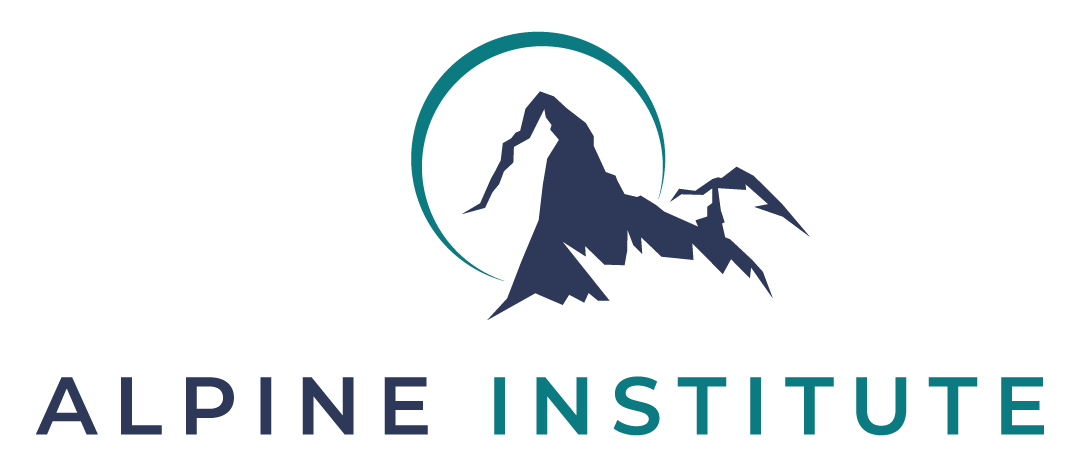It’s a hot summer day in June 2020. I am sitting in my apartment at my working desk, sweating not because of the heat but because of what has just happened.
The Pandemic had not only grounded 95% of all aircraft worldwide but also all business at the largest European Airline Group had come to a screeching halt.
Managing the crisis, parking aircraft, cash management, and short-time work had become the new priority. At the time, I was responsible for the strategy and business development of the airline’s maintenance function.
“Can this be true?”, I was thinking to myself. We had just lost the multimillion Euro project portfolio we had worked so hard to achieve the year before. But much worse than that was that I had to go of my small but fine team, two fellows I had really grown fond of. It’s a tough cookie in your second year as a team lead. I could consider myself lucky: my contract had barely been extended before the crisis hit.
When I took a hard look at my achievements in the last three years, I suddenly realized that despite the countless hours spent in the office, tangible results were pretty low. And the bits that I had achieved had just evaporated.
I took some time to look at my career so far: had I not been successful?
✅ Received my industrial engineering diploma with good grades at a good university.
✅ Got accepted as a management trainee in a DAX 30 company
✅ Got a promotion directly after the trainee program
✅ Finished my Ph.D. in Business Model Innovation while working 50%
And now: stuck at a dead end. How could this be? I thought I had ticked all the boxes, set myself up for a successful career, had taken all the required steps and now I was sitting here: No Impact, No Motivation, No Prospects.

I was thinking to myself: “I am 38 now, is this all I am going to do?”
The Job Hunt
What do you do in such a situation?
After contemplating my situation during the newfound time in short-time work, I decided I would search for a new challenge. Consequently, I started looking for new job opportunities on LinkedIn, checked Glassdoor, as well as our internal postings at the airline.
However, it turned out that landing a new position was more difficult than expected. What I heard most often was “You’re a great guy but you’re lacking the industry knowledge” or “we are looking for someone with more knowledge in the _____ function.”
During this phase, I learned three things:
- Getting a job that satisfies your standard was going to be more challenging and take longer than I expected.*
- On the job hunt, you cannot control the outcome, however, you can control the process.
- How I dealt with setbacks was going to be crucial for my future success.
* Richard Bolles and Kathrin Brooks estimate in their book “What Color is Your Parachute?” that you can expect to be on the job hunt for one month for every $10k you would like to earn. For example, gaining a job at a cash register is going to be significantly easier and take less time than a sales executive position.
Clearly, what I was doing, was not working.
The Decision
At this pivotal point, I had the probably most crucial choice of my entire career: which type of person I would like to be.
Did I want to be the person to accept this failure and rationalize it? After all, I was more successful than the average and earned better than the average, why should I try harder? Was success even worth the effort? After all, I could even lose what I had gained. Why get uncomfortable again and again to chase something that was not even worth it?
Or, did I want to be the person that pushes out of their comfort zone, that rises to the new challenge, a person that does not surrender to the crisis and circumstances? A person who is really clear on what they want, delivers more value, earns more, and lives life on their terms? A person with no regrets to have never tried?
I believe that many talented professionals make the often unconscious decision to stay in the first group. After about 10 to 15 years into our careers, obstacles arise, and we become content with the status quo. We have reached the initial aspirations we had when we started. We stop aiming higher, our goals vanish, and life priorities change.

We have become content in our comfort zone and we accept to stay in the golden cage of comfort that surrounds us. Often, this golden cage is, however, a hamster wheel: you’ll be working quite a lot in your career (an average person spends 90’000 hours working) but not on your career. Therefore, you can run as fast as you want in your hamster wheel without getting anywhere.
However, is choosing to stay in the comfort zone something we can really be happy in the long term? Are we willing to admit: “This is where I stopped?” Or, does a nagging feeling set in that we have not achieved all that we could. That we have stayed below our potential. A feeling that instead of running in a hamster wheel, in fact, we could have worked on something that we loved, that we are good at, where we feel a purpose, leave an impact and also earn what we are worth.
I knew, I was stuck and needed a better approach.
That day, I decided that I needed to continue to push my frontiers and voyage outside of my comfort zone into unknown territory. I decided I was going to find that better approach and if I didn’t find it, I would create it. I decided I would be the type of person who rises to any challenge and would not settle for less.
Spoiler alert: I have not regretted that decision for a single day. I have learned more in the last two years than in the five years before that combined. I have made more meaningful connections to charismatic, ambitious people, I have found mentors to look up to, and I have changed who I am. As Allain de Bottom said:
“Anyone who isn’t embarrassed of who they were last year probably isn’t learning enough.”
If you are pondering, whether you should move out of your comfort zone and change your life to find work that you love, to leave more impact and earn what you are worth, make this thought experiment:
How old are you at the moment? Let’s assume you are 35, you have about 35 productive years left. If you started working when you were 25, that’s 77% (35 out of a total of 45) of your productive working years. These are the best years, where you have the most experience where you can deliver the most value to others. It is a fallacy to stop here and not aim higher!
Our careers will have peaks and valleys. Don’t stay in the valley but climb your second or even third peak.
This is where my story ends for this week. Come back next week to find out how my story continues…
Oliver
… or if you cannot wait for another week and want to find out right now how my story continues and how you can benefit from it, register for my free 1h webinar: https://www.alpine-institute.ch/register-career4b

